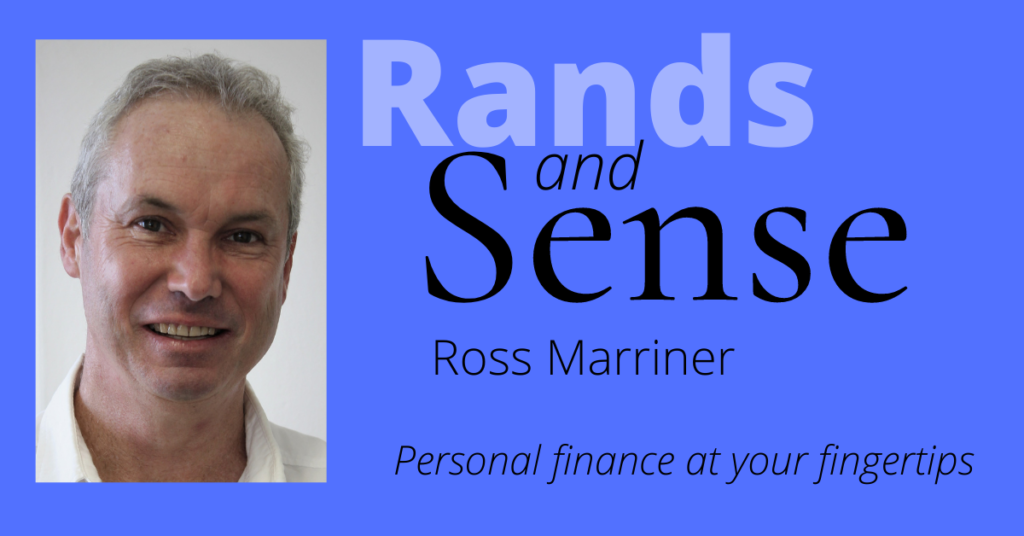By Ross Marriner
Wishing you everything of the best for a happy, rewarding and prosperous 2024.
The beginning of a new year is always a great opportunity to dust off the cobwebs of your personal, organisational system and to become more organised. AA Milne, author of Winnie the Pooh, defined being organised as “something you do before you do something so that when you do it, it is not all mixed up”. One way of being more organised is to make life easier for your loved ones if something unforeseen happens to you.
Most people are uncomfortable thinking about and planning for the day they pass away and tend to defer this activity to some time in the future. Unfortunately, life tends to throw unexpected curveballs, which leave many people unprepared for such an event. It is stressful enough for family and friends to deal with the passing of a loved one, and one way to make this difficult time more manageable is to leave your affairs in order by indicating the location of important documents and by providing detailed information as to how you would like your affairs to be handled. This would involve keeping important information in one central location, such as in a folder or file which can be accessed by your spouse or children when required.
The cornerstone of your “end of life” folder would be your will or clear directions for where it is kept. The Executor of your Estate will require the original signed document, so it is important that this document, not a copy thereof, is readily available.
You may also want to give instructions as to how your family should proceed should you not be able to communicate if, for example, you are on a life-support system. You may also wish to indicate whether you would like your organs to be available for donation in the event of your death. You also may want to specify whether you would prefer to be buried or cremated and any specific preferences you have for your funeral or memorial service, such as your favourite hymns.
Your folder should also contain the contact details of your financial adviser and information relating to any trusts, insurance policies, investment details (shares and funds), retirement annuities, and pension funds, as well as your medical aid details. If you have a funeral policy, including details would be very important. You should also provide information and contact details for any outstanding accounts, important email addresses, usernames, passwords, bank and credit card details, home and contents documents, and details of any amounts which would have to be settled in the event of your death.
The more organised you can be in this crucial aspect of your life, the easier it will be for your Executor to facilitate the orderly distribution of your precious assets in accordance with your wishes.
Rands and Sense is a monthly column written by
Ross Marriner, a CERTIFIED FINANCIAL PLANNER® with PSG Wealth.
His Financial Planning Office number is 046 622 2891


